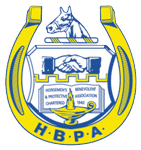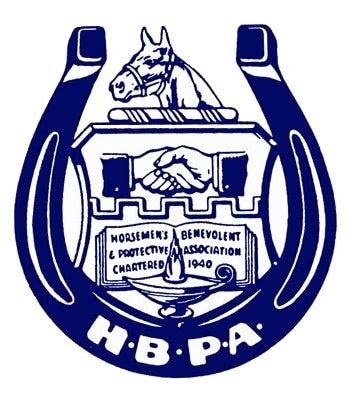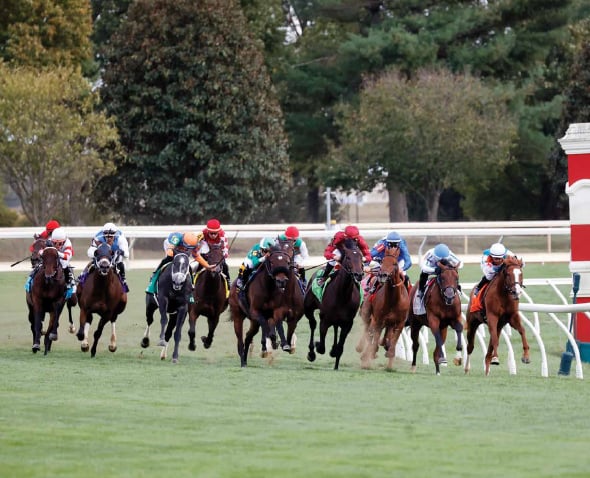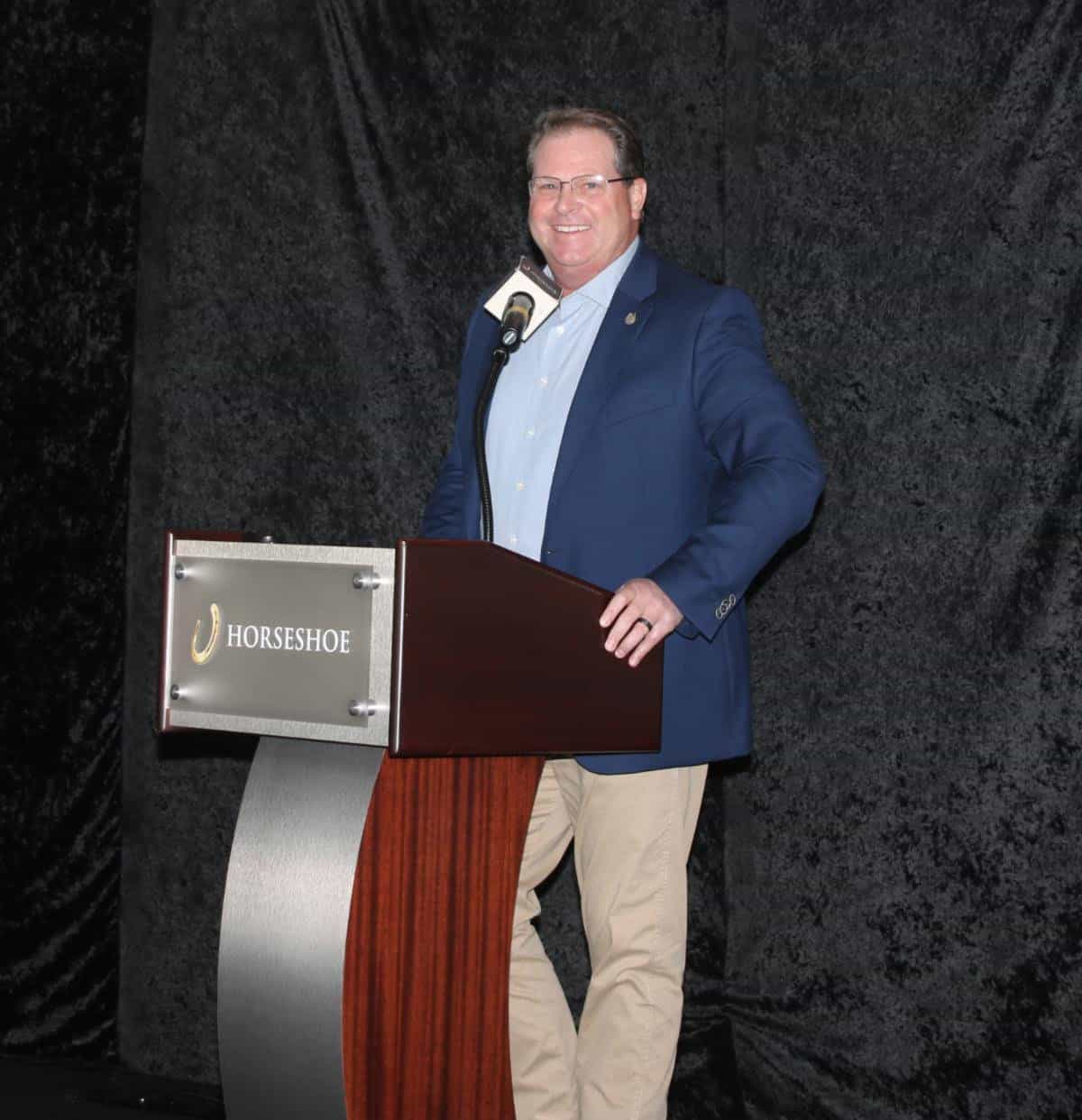NY: Bill Would Protect Purses at Finger Lakes
Blood-Horse
Legislation has been introduced in both houses of the New York legislature, which would require the owners of a future commercial casino to make whole any losses suffered by horsemen and breeders at nearby Finger Lakes Gaming & Racetrack, because of the expected competitive hit the upstate track is facing.
If approved, the legislation would require the owners of the still-to-be-built Lago Resort & Casino to make payments to ensure that purse and breeding funds at Finger Lakes are maintained at 2013 levels. The new legislative push comes after an Andrew Cuomo administration panel chose Lago, located 27 miles from Finger Lakes, as one of the state’s three recently-awarded full-scale casino development sites.
The measure would require Lago, which would be located between Rochester and Syracuse, to make millions of dollars in payments each year to the track’s purse fund and to the New York State Thoroughbred Breeding and Development Fund.
With threats that Finger Lakes will shut down with new competition from Lago—it will be permitted to offer more lucrative and bettor-friendly types of games than the video lottery terminals currently at the venue—Sen. John Bonacic and Assemblyman Gary Pretlow, who head racing and wagering committees, introduced identical bills a few days apart to address the situation.
“The health of Finger Lakes is critically important to Thoroughbred breeders and horsemen,” said Jeff Cannizzo, executive director of New York Thoroughbred Breeders, which introduced the legislation. “The statistics tell the story. In 2013, New York-breds were responsible for 71% of the total starts at Finger Lakes and earned 75% of all the purse money distributed. Furthermore, races at Finger Lakes generated 52% of the number of breeders awards paid by the Fund in 2013.”
Barry Ostrager, NYTB president, said in an e-mail statement that the association believes maintaining the current purse structure at the track, and the associated breeder, stallion and owner awards, is “essential to preserve the indigenous (New York) breeding program.”
That program, Ostrager said, has grown in recent years with backing from the executive and legislative branches in New York “and is presently a huge economic driver of the New York economy, generating thousands of jobs and billions of dollars of economic activity.”
The NYTB’s legislation is also being pursued by the Finger Lakes horsemen.
Earlier in March, Delaware North Companies, which owns Finger Lakes, sued the state, seeking to block the development of Lago.
Finger Lakes’ allies sought to get the components of the new bill inserted into the state budget that is being actively negotiated, a move that would have all but ensured its passage. Sources said that idea was killed, but it was not immediately certain if that push died in the legislature or with the Cuomo administration.
The lowest estimate is that Lago will cannibalize 21% of the VLT proceeds now provided to Finger Lakes, according to David Brown, president of the Finger Lakes Horsemen’s Benevolent and Protective Association. A portion of VLT revenue, by law, must go to purses and breeding funds.
If the drop in revenue materializes and purses aren’t made whole, Brown said it wouldn’t be profitable “for anyone to race here anymore.”
Finger Lakes, in order to try to keep 2015 purses steady when compared with last year’s levels—which were down 12% from 2013—is already cutting seven racing days from its 2015 meet.
Brown said there have been estimates of the hit on Finger Lakes purses between $2.4 million and $4.8 million a year once the new Lago casino opens. Brown said horsemen could not handle that kind of financial loss.
“Delaware North has put an estimate of two to three years before Finger Lakes would have to close,” Brown said of the impact of Lago.
In December, New York selected three sites—Lago in Seneca County, a Catskill Mountains facility in Sullivan County, and a downtown Schenectady site near Albany—for the first round of what could eventually be seven new commercial casino developments in the state. The new casinos will be full-scale operations, meaning they will offer slot machines and table games, as opposed to only VLTs.
The casino siting law has, what to some on the outside might consider, quirks. The state, in the first bidding process, singled out three large geographic areas for casinos. A casino developer who won the bidding must agree to “hold harmless” purse and breeding funds at racetracks located within their operating region.
In the case of Lago, that would mean making payments to Tioga Downs—a harness track with VLTs located about two hours away—and not to Finger Lakes, which is located a half-hour away and just a few exits west on the state Thruway. Finger Lakes is outside the Lago casino zone, but is located in a region blocked from getting a new casino, because it has been designated an exclusivity zone, within which the Seneca Nation of Indians were promised by the state no new casino competition.
The legislation is being pushed by horsemen and breeders. Beyond the lawsuit, Finger Lakes does not yet appear to have legislation introduced on its behalf in Albany to hold its own finances harmless from the introduction of new competition at Lago.
Brown believes the intent of lawmakers should be interpreted more broadly when it comes to defining a region, though the actual casino siting law makes it clear that Finger Lakes is not in the same geographic gambling zone, for purposes of purse and breeding payments, as the Lago casino site.
“This is obviously horsemen-driven,” Finger Lakes spokesman Steve Martin said of the legislation. “They obviously see the negative impact if Lago goes in and the impact is going to be dramatic.”





